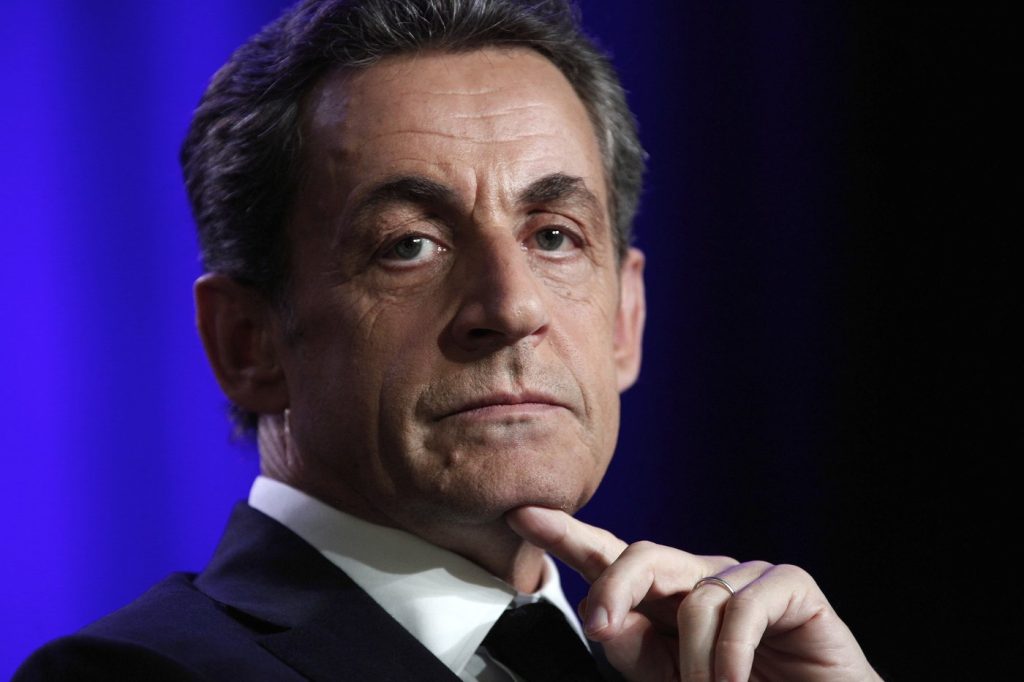The lengthy trial of former French President Nicolas Sarkozy regarding the alleged illegal financing of his 2007 presidential campaign is revealing intricate details about France’s clandestine dialogues with Moammar Gadhafi's Libyan government. Sarkozy, who served as president from 2007 to 2012, has consistently denied any wrongdoing; however, French prosecutors have requested a seven-year prison sentence, indicating their conviction of his involvement in corrupt activities related to campaign funding.
Key testimonies in the trial have highlighted discussions between France and Libya during the 2000s, a period when Gadhafi was attempting to mend relationships with Western nations after Libya had long been regarded as a rogue state due to its sponsorship of terrorist activities. Families of the victims of the 1989 UTA Flight 772 bombing expressed their outrage in court, questioning if French government officials made promises to Gadhafi in return for economic benefits, which they allegedly viewed as part of a corrupt deal.
On September 19, 1989, UTA Flight 772 was bombed over Niger, resulting in the deaths of 170 individuals, including 54 French nationals. This incident followed the 1988 Lockerbie bombing of a Pan Am flight, which claimed 270 lives, highlighting Libya's involvement in major terrorist acts during this period. Given the long-standing hostilities between Libya and Western governments, victims' families are now questioning whether the lives lost were leveraged for negotiations over business contracts with Libya.
Sarkozy contended that he has “never ever betrayed” the victims' families, asserting that he has never exchanged their fate for political or economic concessions. Furthermore, Libya’s history as a pariah state was transformed after it took responsibility for the two bombings in 2003 and agreed to pay compensation, marking a shift towards rebuilding ties with the international community.
In 2007, Sarkozy formally welcomed Gadhafi to Paris, honoring him with a reception that included setting up a Bedouin tent at the Elysee presidential palace. During the trial, Sarkozy noted that he would have preferred to forgo Gadhafi's visit but justified it as a diplomatic gesture following Libya’s release of Bulgarian medical personnel wrongfully imprisoned for allegedly infecting children with the AIDS virus.
Additionally, financial prosecutors have raised allegations that Sarkozy promised to lift an international arrest warrant against Gadhafi’s brother-in-law, Abdullah al-Senoussi, in exchange for campaign financing. Meetings took place in Tripoli involving Sarkozy’s close associates, and al-Senoussi has supposedly claimed that funds were indeed funneled to Sarkozy’s campaign. Sarkozy vehemently denied any such transfers, asserting he could not be tied to any corrupt transactions.
Meanwhile, Seif al-Islam Gadhafi, Gadhafi’s son, has made claims that he personally delivered $5 million to Sarkozy’s campaign, alleging the money was a quid pro quo for political concessions. Sarkozy, however, firmly negated any suggestion of receiving illicit funds, maintaining that there was “no corruption money” and that the funds never existed.
The backdrop of this trial lies in the shifting political environment of Libya. The Libyan civil war began in February 2011, with Sarkozy being one of the first Western leaders to advocate for the opposition against Gadhafi, stating that Gadhafi's violent actions against civilians were unacceptable. Sarkozy's government became the first to recognize the National Transitional Council as the legitimate leader of Libya, indicating a stark turnaround from his earlier engagements with Gadhafi.
This trial not only scrutinizes Sarkozy’s alleged misconduct but also raises broader questions about the ethical implications of diplomatic relations and the lengths to which governments will go to secure political and financial ends.










